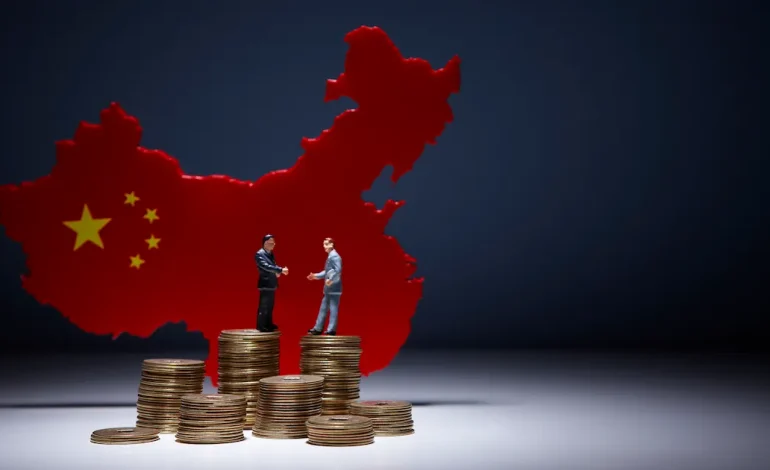The Next Unicorns: China’s Rising Tech Sectors in 2025

Biotech, aerospace, and quantum computing emerge as new frontiers.
China’s tech landscape in 2025 is no longer defined solely by consumer internet platforms or e-commerce giants. A new wave of startups focused on biotechnology, aerospace, and quantum computing is emerging as the next generation of unicorns. Backed by state funding and private capital, these firms illustrate how China is pivoting toward innovation that aligns with both economic ambitions and national strategy.
Biotech as a Growth Engine
China’s biotech sector has matured rapidly, with startups focusing on gene therapies, precision medicine, and drug discovery platforms powered by AI. Firms clustered around Shanghai’s Zhangjiang Hi-Tech Park are attracting both domestic and international investment, aiming to transform China into a global leader in life sciences.
Aerospace Startups Gain Altitude
Private aerospace companies like iSpace and Galactic Energy are scaling up commercial launches, supported by government contracts. These firms complement China’s state-led space program, offering satellite launch services and small-scale rockets. As global demand for space-based internet and Earth observation rises, China’s private sector is carving out an important niche.
Quantum Computing Momentum
China’s heavy investment in quantum research is spawning startups focused on quantum communication and computing hardware. While commercialization is still distant, these companies are attracting strong funding thanks to their strategic importance in cybersecurity and next-generation computing.
Outlook
The rise of biotech, aerospace, and quantum unicorns signals a new phase in China’s innovation cycle. These startups are not only chasing profits but also fulfilling roles within Beijing’s broader industrial policy. For investors and global rivals alike, they represent the sectors to watch in the next decade.






